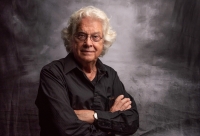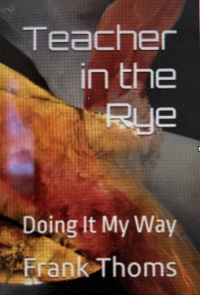Complicity vs. Agency
The traditional emphasis on having to learn what the teacher teaches can be described as complicity, learning what’s expected. While an important piece of schooling, if complicity remains the everyday of a classroom, it engenders serious ramifications, namely passivity, lack of engagement, lack of questioning. If students only learn what the teacher tells them and returns it on a test without having to think about it, to weigh its value, they could well become receptacles to what they see around them, especially on the internet and social media. They would be unprepared to distinguish between mis- and disinformation and open to conspiracy theories and rabbit holes.
But when teachers recognize that instilling agency in students, inviting them to listen, to think and speak up, they become critically active, open to discovery, wanting to be heard, wanting to know the truth. They don’t settle for what they see and hear without assessing its validity. They will be engaging in the democratic process and understand that this process is essential in their lives.
Teachers need to recognize these two modes and ascertain that they balance them in their practice. They would do well to imagine before the first day of how they want to see their students on the last day. If they keep in mind that agency is essential, she will visualize them leaving knowing they have spoken up in class and beyond, expressed their opinions, advocated for their causes. And that they will take with them important lessons in class they valued.

